Thriving Earth Exchange is pleased to announce our February 2022 cohort of Community Science Fellows! They’ll be working with communities from across the United States to launch impactful community science projects. We are pleased to partner with the American Meteorological Society to launch this cohort, and welcome communities from the Anthropocene Alliance network. Stay tuned for more information about the impactful projects to come from this launch and the communities who lead and inspire them!
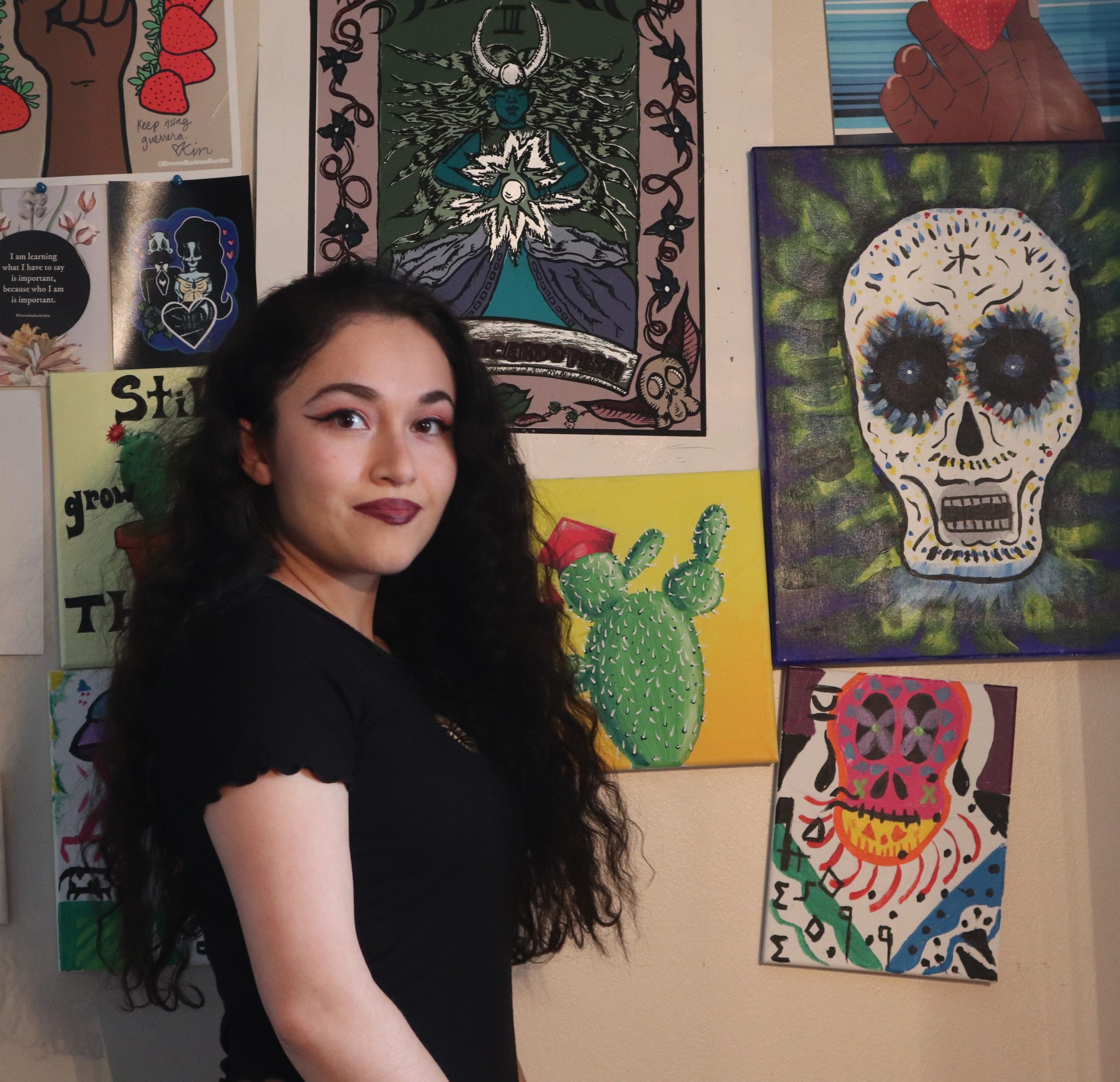
Alexes Juarez is an aquatic ecologist focused on decolonizing science and promoting STEM communication within underserved communities. She received a BS in Evolution, Ecology, and Biodiversity and a BA in Chicano Studies from the University of California Davis. Her research focused on finding sustainable solutions for the Calfornia Aquaculture industry. She now works as the Wetland Program Manager funded by the Environmental Protection Agency serving the Kansas Kickapoo Tribe. Her role develops their Wetlands Restoration project, which in turn aids the overall goal of securing food and clean water for the tribe. She is passionate about teaching and learning non-westernized forms of knowledge and implementing that knowledge in her science. Outside of her research, Alexes is also invested in the struggles of undocumented field workers, migrants, and native communities.
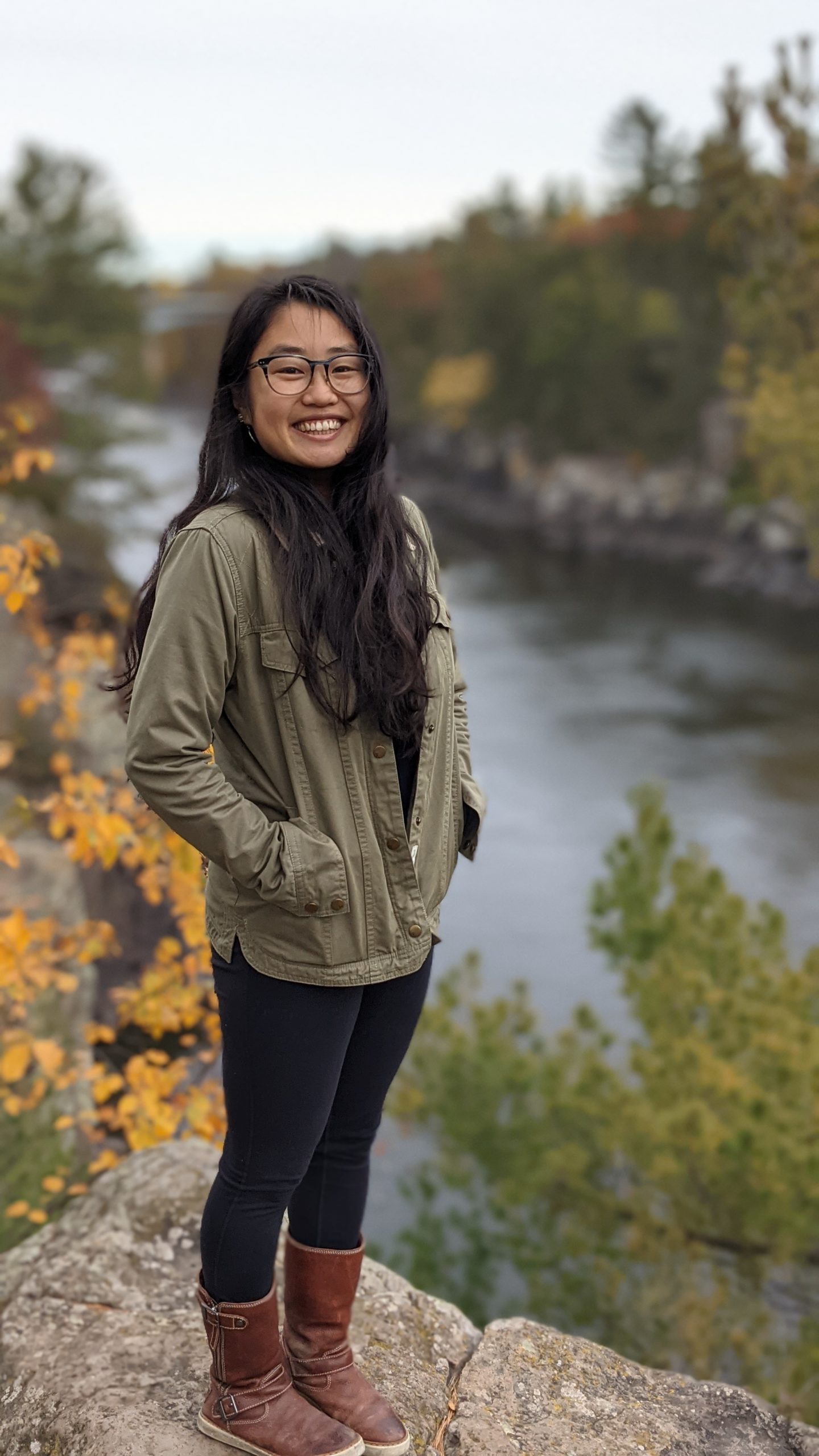
Ally Mark is a water resources engineer/watershed planner and recent California transplant to Minneapolis, MN with a passion for environmental justice. She enjoys working at the intersection of environmental science and policy to craft visionary plans that reflect and serve the communities most impacted by climate change. Over the short span of her professional life thus far, Ally has built up a variety of experiences, working across local and federal environmental policy, community organizing, communications, water quality research, and green stormwater management. She is excited to apply this broad skillset to community science and the Thriving Earth Exchange! In her spare time, Ally volunteers for an AAPI political organization and is exploring her new home in Minnesota through the BIPOC Outdoors Twin Cities group.
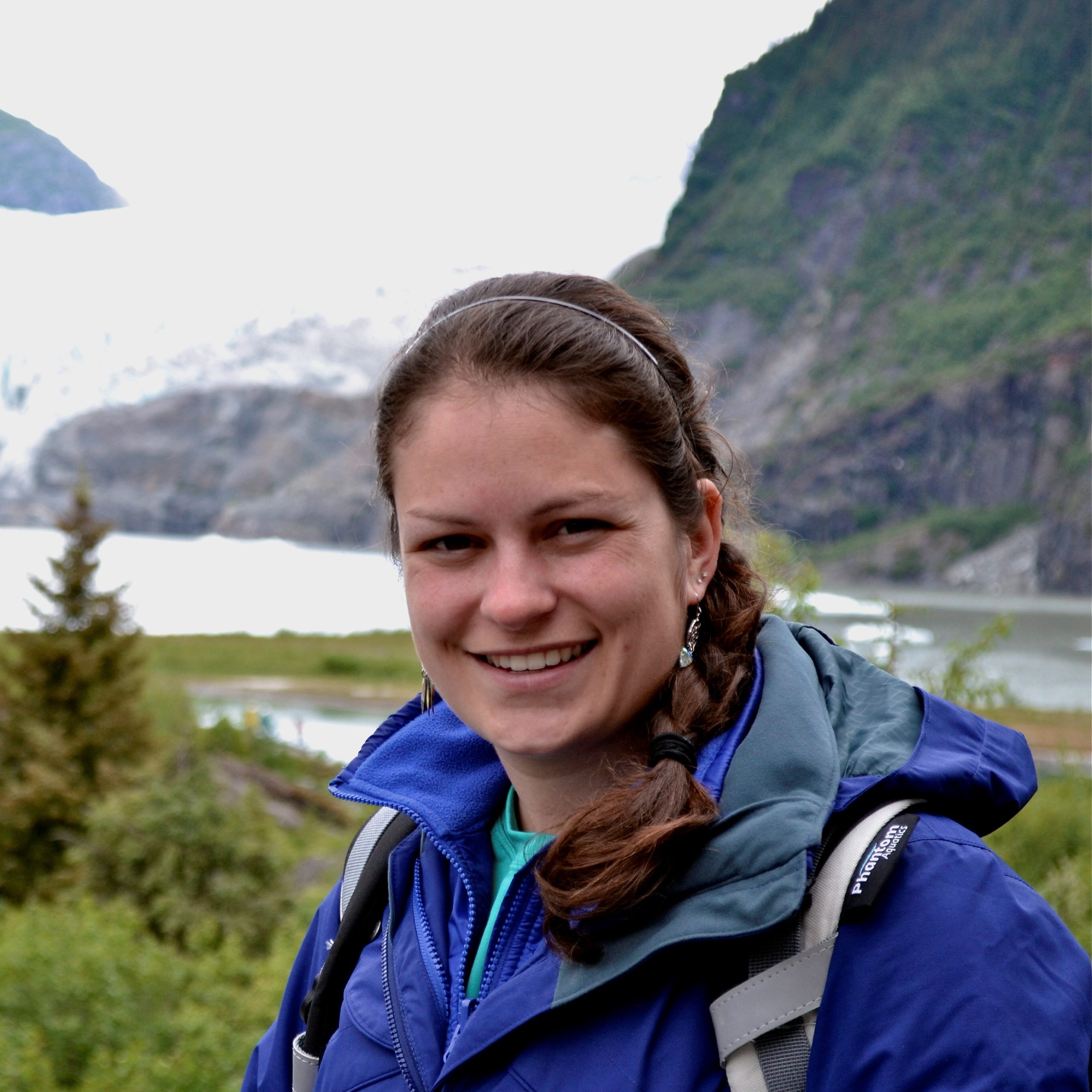
Amanda Guthrie (she/her) is coastal resiliency specialist that works to support both people and ecosystems in a changing environment. Currently, she is a PhD candidate at the Virginia Institute of Marine Science, William & Mary where she studies shoreline protection modifications that reduce excessive erosion. Specifically, Amanda researches how well created marshes (“living shorelines”) provide habitat for fish and crustaceans. She also studies property owners decision making by understanding property owners’ interests, awareness, and perception of various shoreline modification structures. Over, she aims to find ways to foster more sustainable and resilient societies. She earned her Master of Science in fisheries management from Michigan State University and her Bachelor of Science in marine science from the University of Miami. When not thinking about coastal resiliency, Amanda may be seen kicking a soccer ball around, exploring nature trails, or hanging out with her dog.
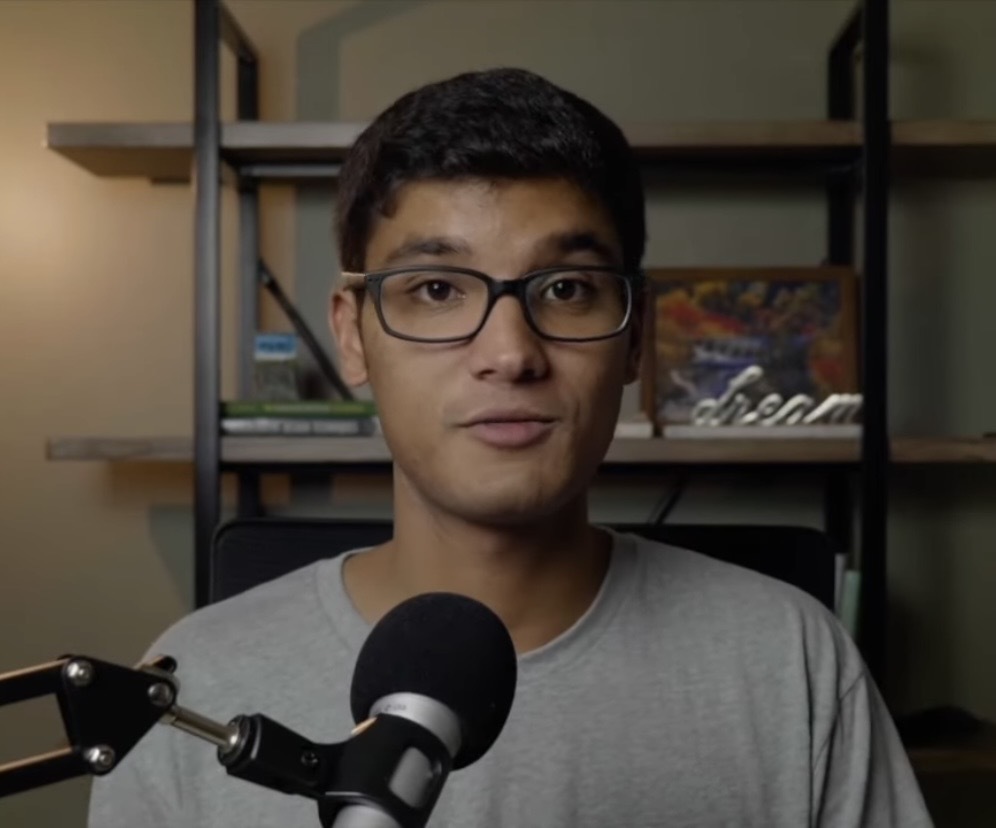
Ankur Shah is a geospatial data scientist for Everimpact, a company focused on monitoring greenhouse gas emissions in cities, and the Director of Operations of Mycelium, a nonprofit dedicated to accelerating the circular economy. Mycelium creates replicable open source projects in the categories of resilient food systems, waste management, and self-sufficient housing. In the past, he worked with a team of NASA on Earth observation projects such as detecting floating marine debris and identifying aircraft contrails using satellite imagery. Ankur has an academic background in Earth science and physics. He is extremely passionate about urban sustainability, climate solutions, and environmental education. During his college career, he taught multiple classes on environmental issues and frequently produces informative videos on environmental topics on his YouTube channel. Outside of work, he enjoys playing ping pong, hiking, reading, and foraging wild plants and mushrooms.
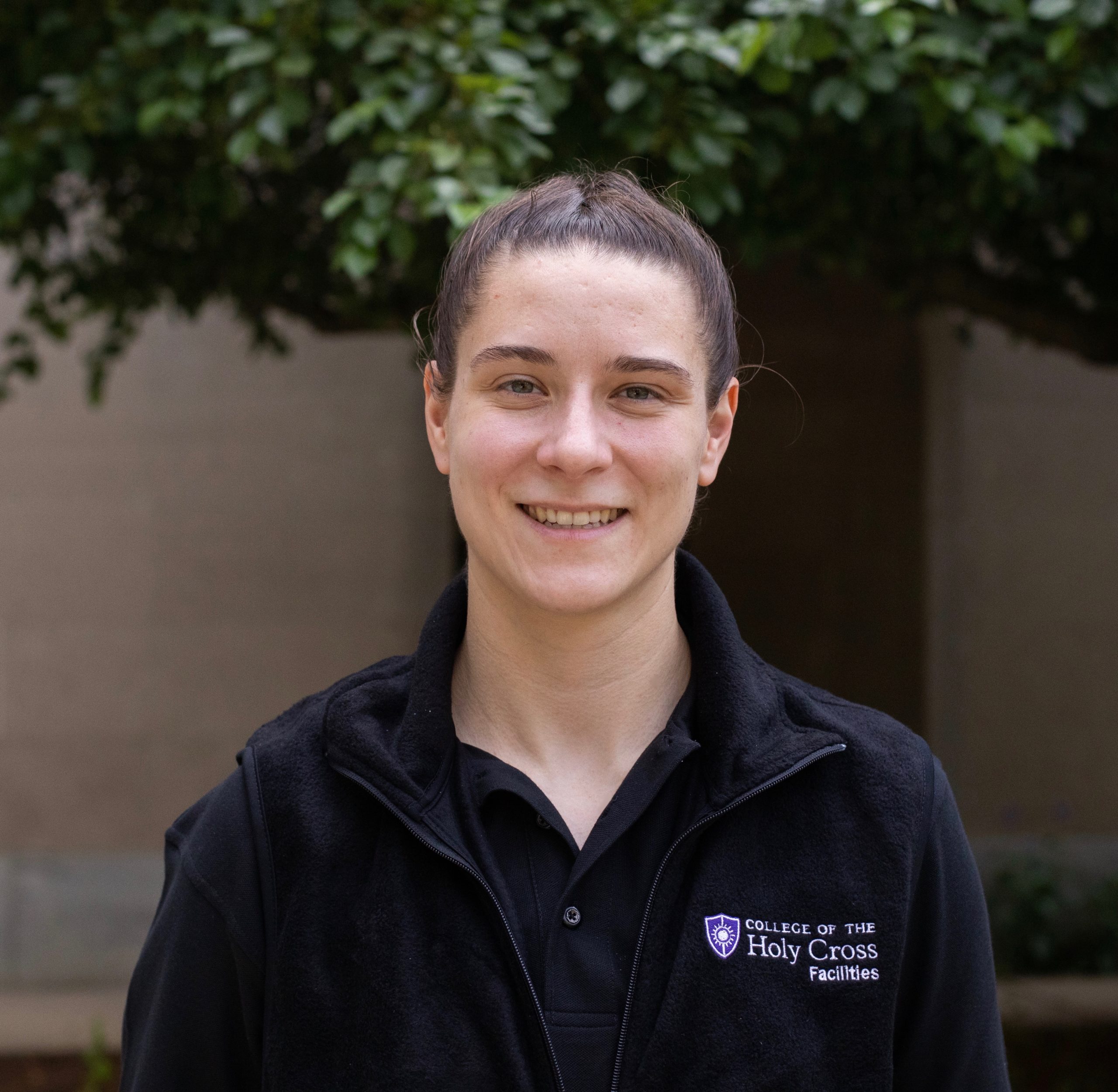
Cathy Liebowitz (she/her) began her career at the University of Maryland, where she worked at the intersection of sustainability and higher education, advising college students on sustainability projects that improved their communities. Today, as the founding director of sustainability at the College of the Holy Cross in Worcester, MA, Cathy partners with diverse stakeholders and creates programming that advance the College toward carbon neutrality. She received a BA in Environmental Studies from Dartmouth College and a MA in Higher Education Administration from University of Maryland, College Park. She looks forward to guiding her AGU Thriving Earth Exchange team as they complete a community science project.
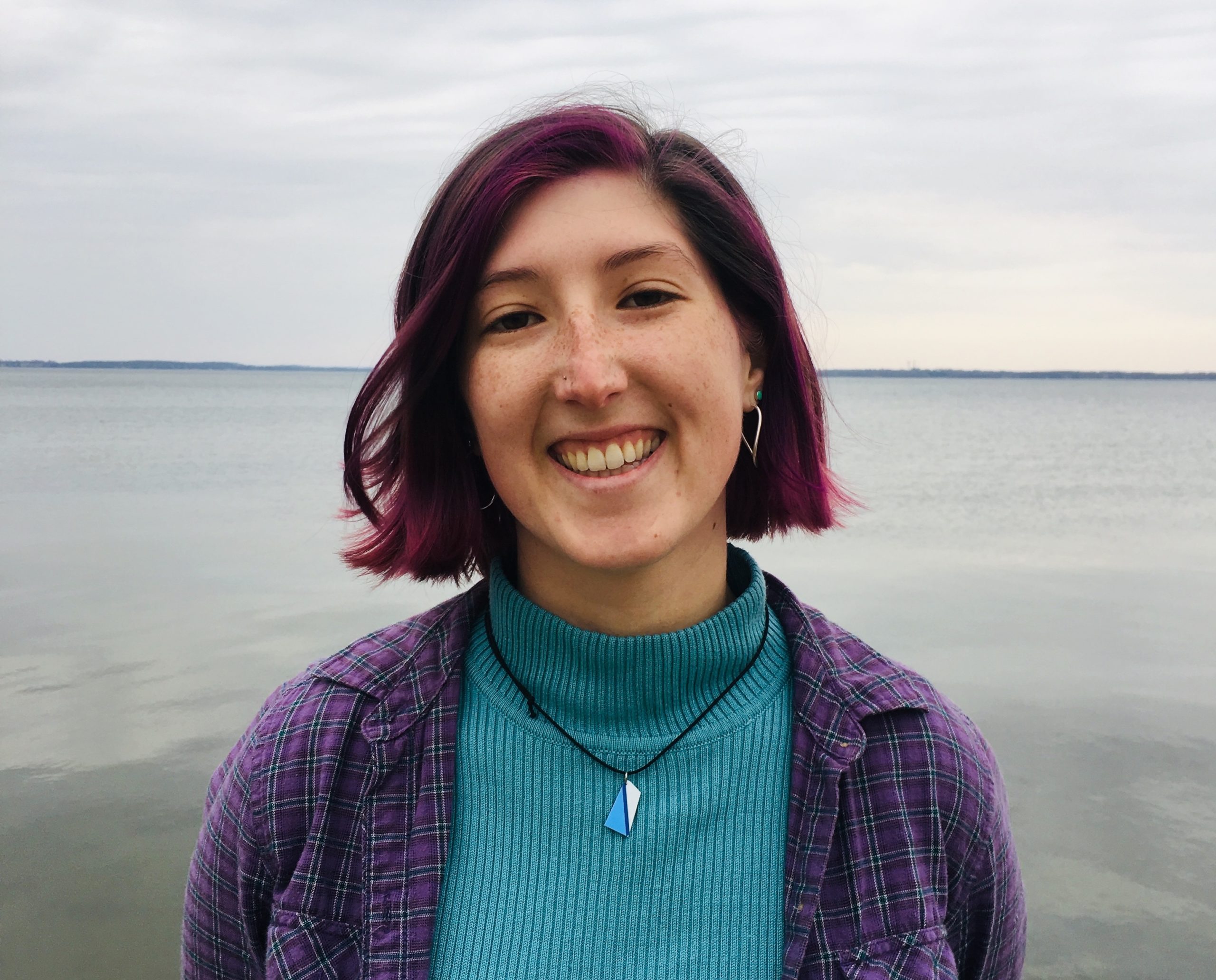
Ciaran Gallagher is a Ph.D. student in the Nelson Institute Environmental Studies at the University of Wisconsin–Madison. Her research lies at the intersections of climate change, air quality, public health, and environmental justice. Previously, Ciaran has worked for state and local governments on climate change mitigation and resilience. She graduated from Wellesley College in May 2017 with a degree in Environmental Chemistry. In her free time, Ciaran enjoys making pickles and jams out of fresh produce, cross-country skiing, and biking.
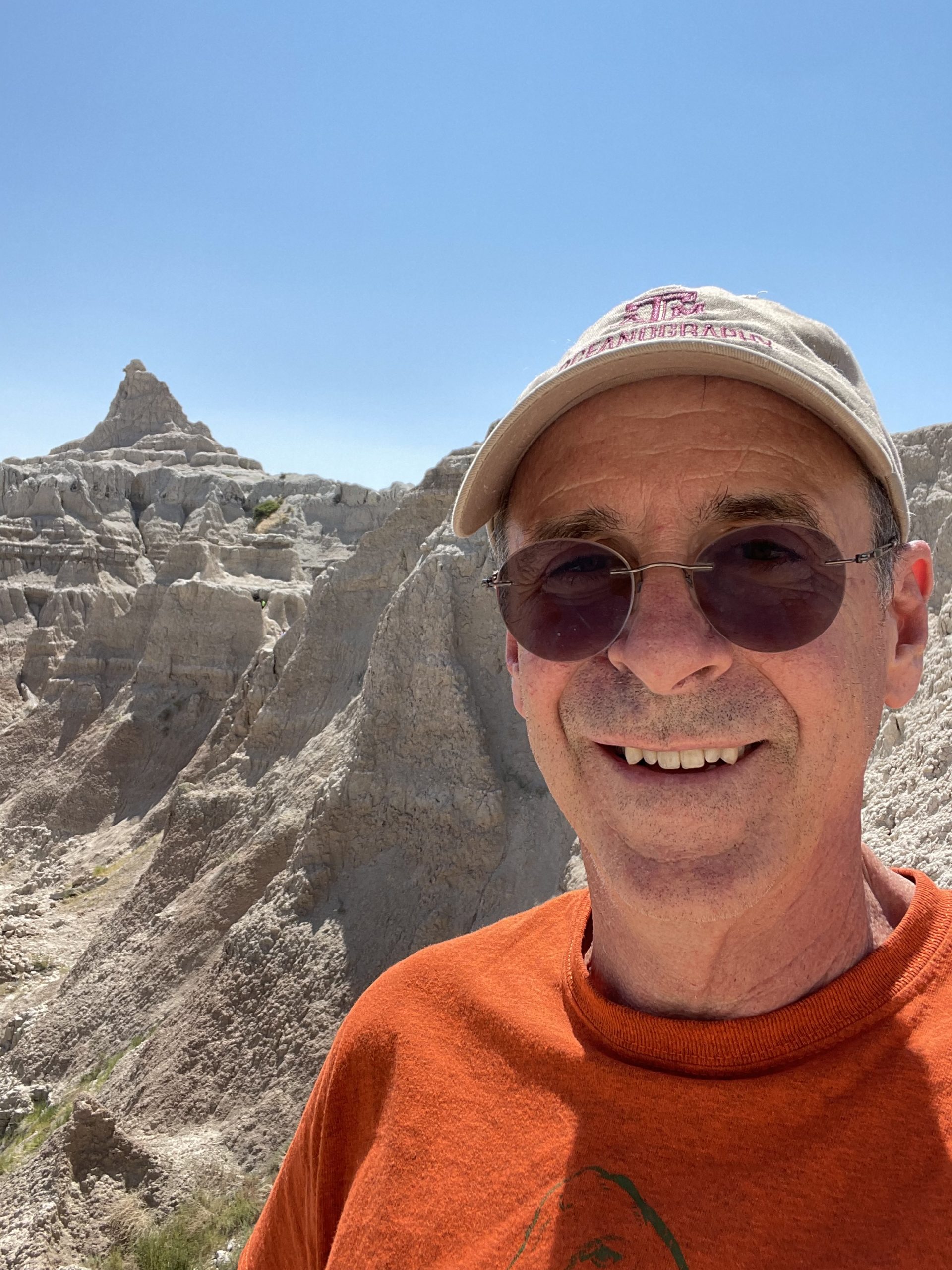
David Murphy— I grew up near Seattle, in Western Washington state. After receiving bachelor’s degrees in Oceanography and Chemistry from the University of Washington I spent the next decade working as a field and lab technician, first in Alaska and then Maine, and finally in Texas.
Over the course of these years I became interested in ocean sensors and data collection systems leading me to go back to school at Georgia Tech for a Masters degree in Electrical Engineering. As field work lost its allure I joined Sea-Bird Scientific, an oceanographic sensor and system company, as a senior engineer beginning a career that would last almost 30 years and end when I retired as director of research and development.
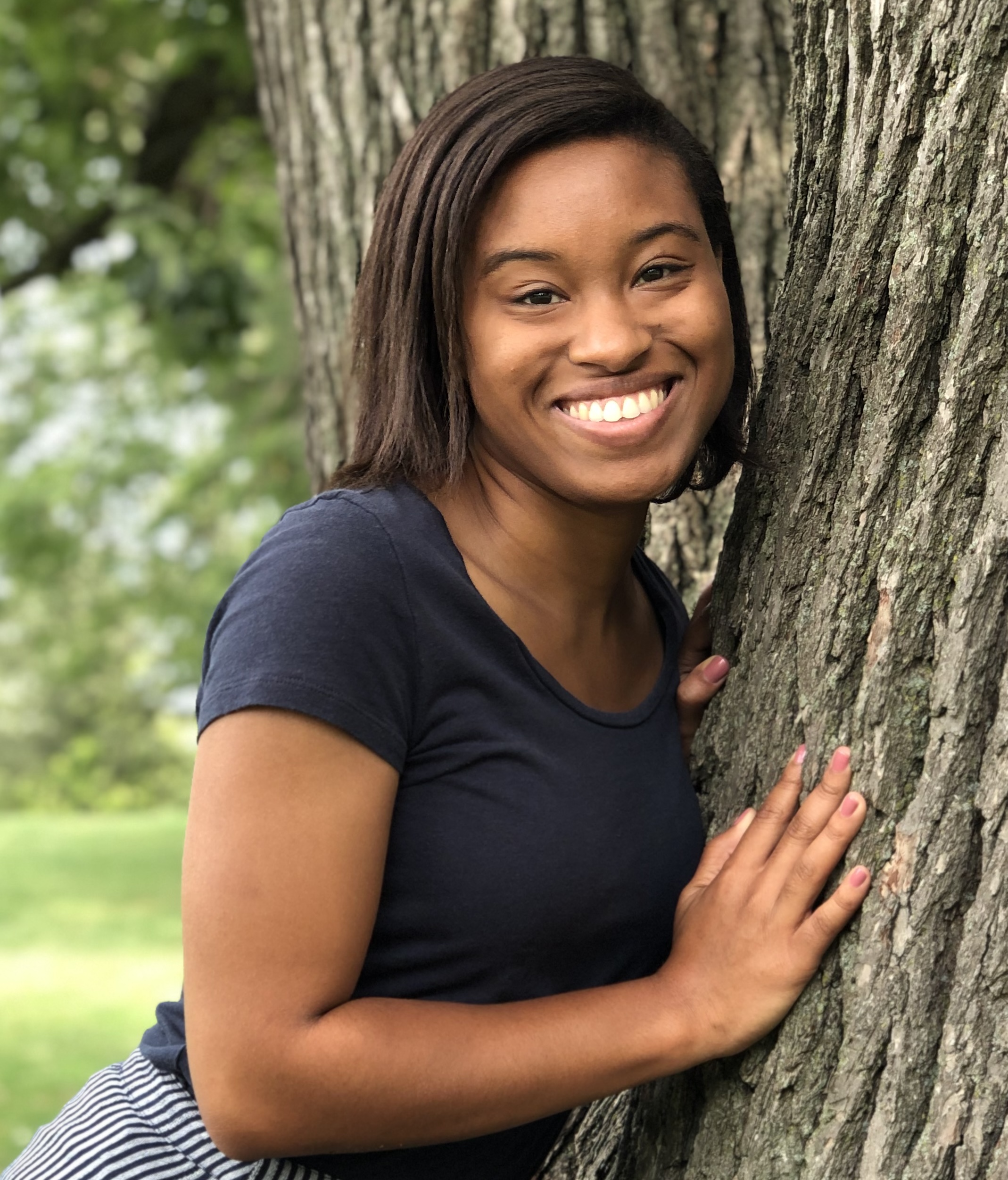
Hadijah “Dede” Lawal (she/her) holds a B.A. in Environmental Science from Emory University and is currently a master’s student at the University of Michigan School for Environment and Sustainability, concentrating in Ecosystem Science and Management. For her master’s project she has been working with the Wyandot of Anderdon Nation to create a wetland enhancement and site design plan for a recently acquired parcel of culturally significant land. She has experience in marine research, environmental education, and citizen science programming. She is interested in restoration, conservation ecology, science communication, and actionable science. Passionate about community-driven projects, she is excited to be a part of the Thriving Earth Exchange fellowship. In her free time she enjoys baking, hiking, and aerial silks.”
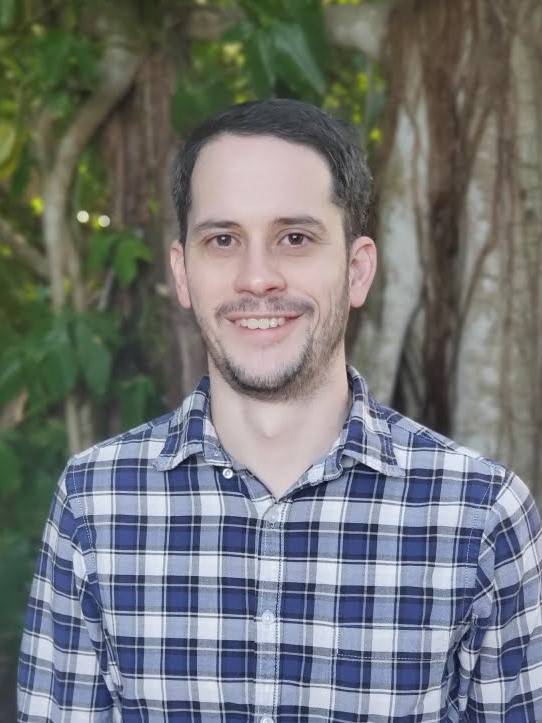
Garett Pignotti (he/him) is a postdoctoral researcher at Washington State University Vancouver, originally from Orlando, Florida. His research focuses on the effects of urban heat on water and plants and the consequent inequitable human exposure to these effects across cities. He received a Ph.D. and M.S.E. from Purdue University where he evaluated the benefits of using satellite measurements of soil water to improve water quality model predictions, but mostly perpetually tried to answer why he had left Florida to come to Indiana. Motivated to translate science into action, Garett has participated in several projects at the local scale from improving water security of a rural community to reducing solid waste contamination of waterways. In his free time, Garett enjoys trying not to get sunburnt hiking with his dog, exploring a love/hate relationship with running, and telling himself to read more books.
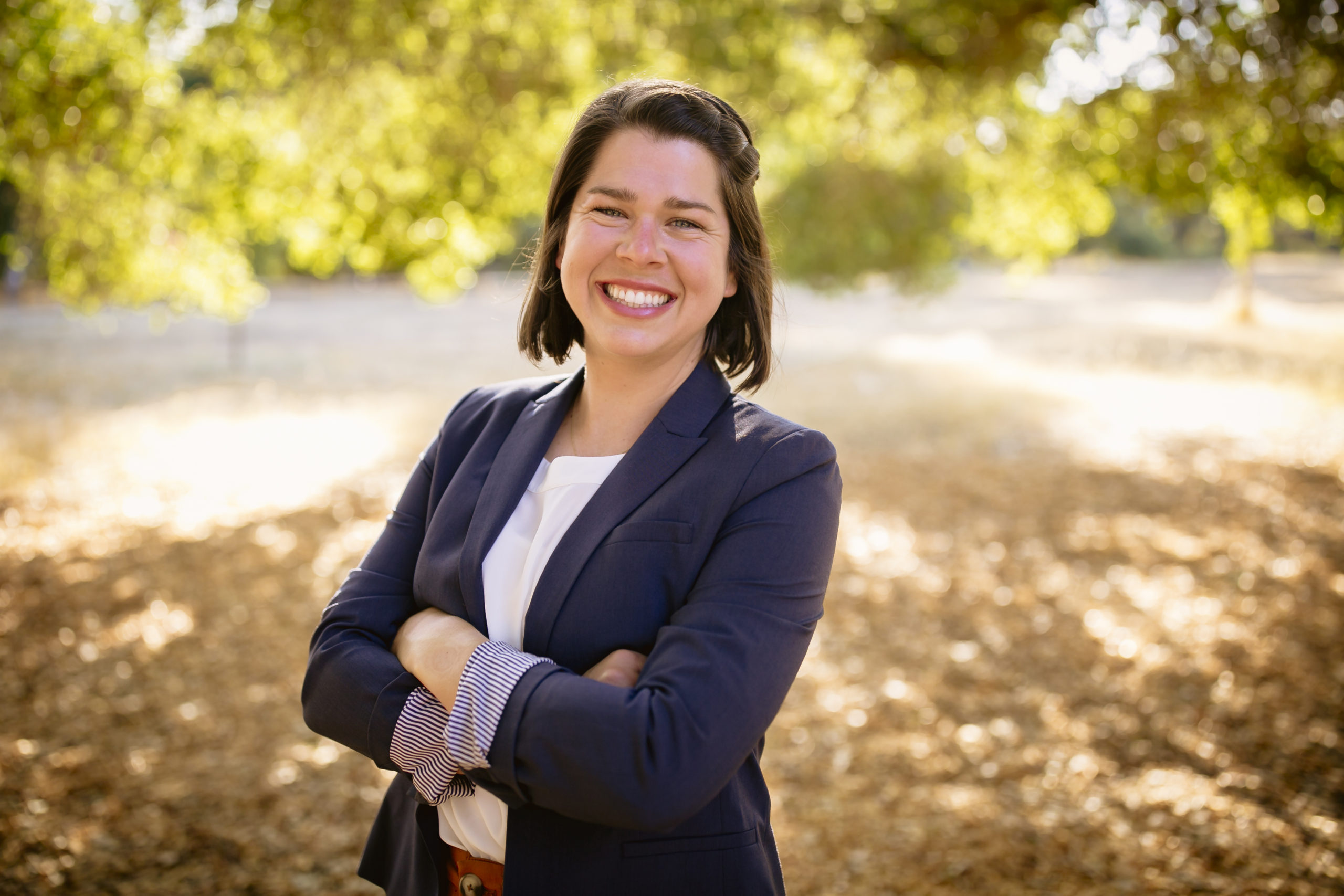
Hannah Palmer (she/her) is an interdisciplinary climate scientist and biogeochemist dedicated to the pursuit of science informed policies that promote healthy communities and environments. Hannah earned a Ph.D. in Earth and Planetary Sciences from the University of California, Davis in 2021, conducting research focused on understanding ocean and climate change in the recent past to better inform the future. During her Ph.D. she engaged in science policy work through the Presidential Graduate Opportunities for Leadership Development Fellowship and as an intern with the California Council on Science and Technology. Hannah is now a Chancellor’s Postdoctoral Fellow at the University of California, Merced working to investigate how wildfire impacts carbon emissions and vulnerable communities adjacent to wildfire. She is passionate about connecting science to action and is looking forward to serving as a Thriving Earth Exchange Community Science Fellow.
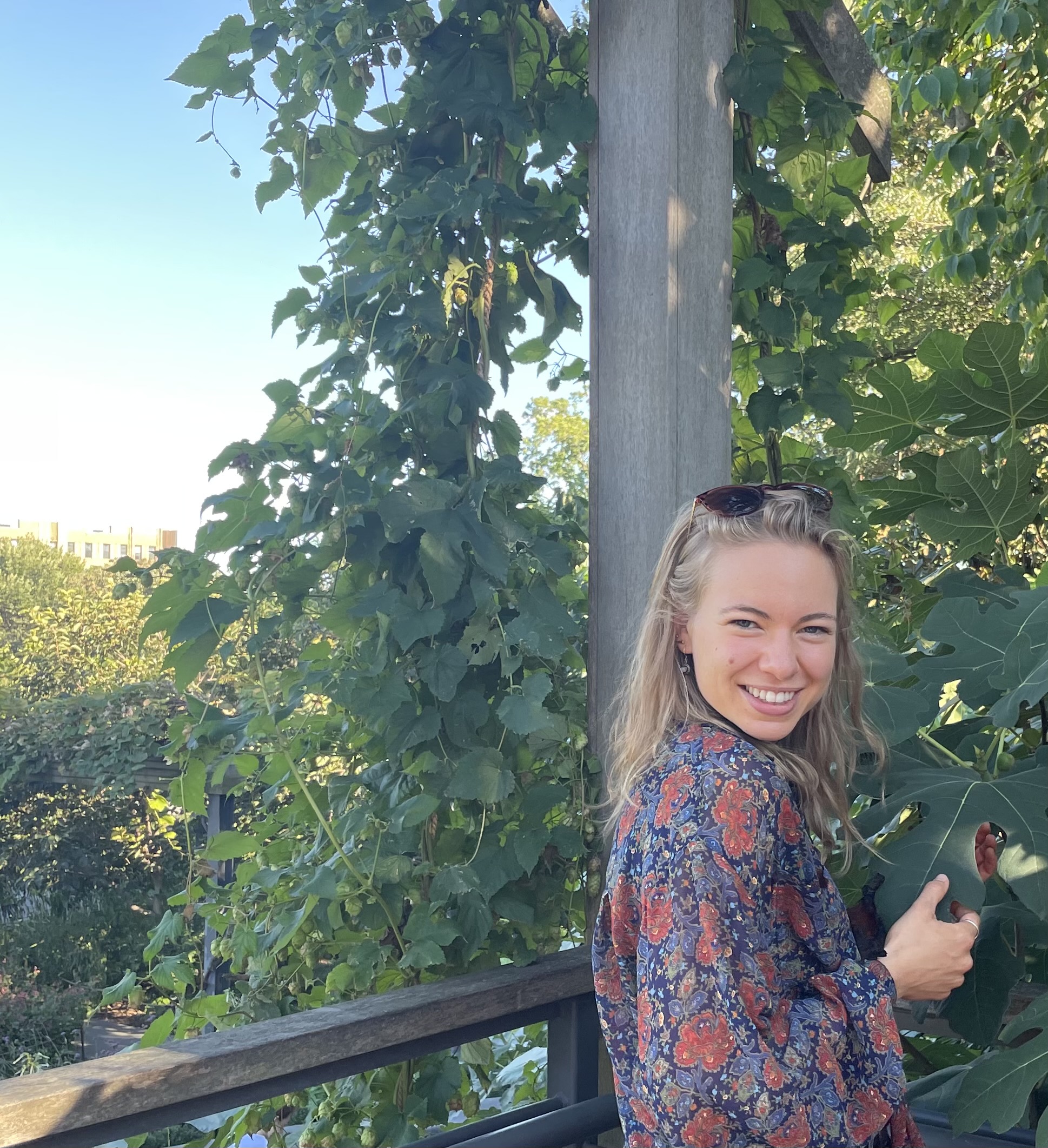
Hannah Zonnevylle (she/her/hers) is an aspiring ecologist and community science enthusiast! She recently graduated from the University of Michigan (Ann Arbor) with a B.S. in Earth and Environmental Sciences. During undergrad, she participated in three years of independent research, completing a senior honors thesis on tree nutrient cycling on Isle Royale, Michigan. These experiences ignited a passion for research as well as a desire to create and share engaging, empowering opportunities for scientific inquiry with her community. She currently serves as the External Partnerships and Development Coordinator for a Chicago- and St. Louis-based nonprofit called Gateway to the Great Outdoors, which works to bring a comprehensive and equitable environmental science education to students at low-income public schools. In her free time, she enjoys cooking, reading, playing soccer, and doing anything outside!
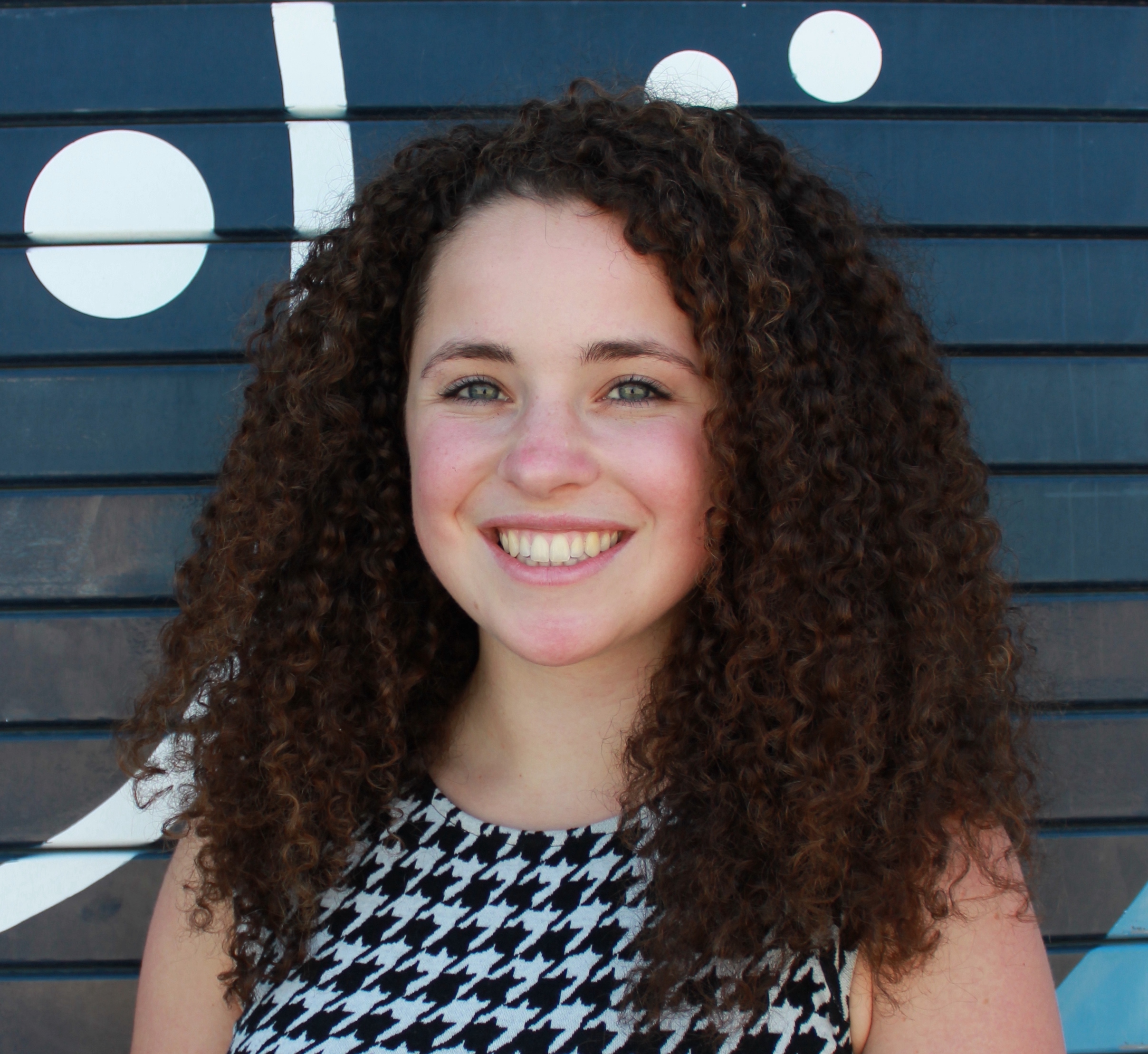
Hayley Pippin is a Senior Geoinformatics Fellow for the NASA DEVELOP National Program. She is based out of the NASA Ames Research Center location, where she leads the Geoinformatics team, coordinates technical trainings for DEVELOP participants, and provides programming, remote sensing, and GIS support to the teams within the program. Prior to DEVELOP, she received her undergraduate degree in Applied Mathematics with a focus in Data Science from the University of California, Berkeley. She has a broad range of interests and experiences that span from data analysis and visualization, scientific communication, neurobiology research, and now environmental and community science. She is looking forward to learning how to better collaborate with communities to develop research projects that lead to the discovery and implementation of lasting, effective solutions to the challenges that climate change poses to our society. In her free time, she loves to read, spend time at the beach, cook, bake, and eat the food that she makes.
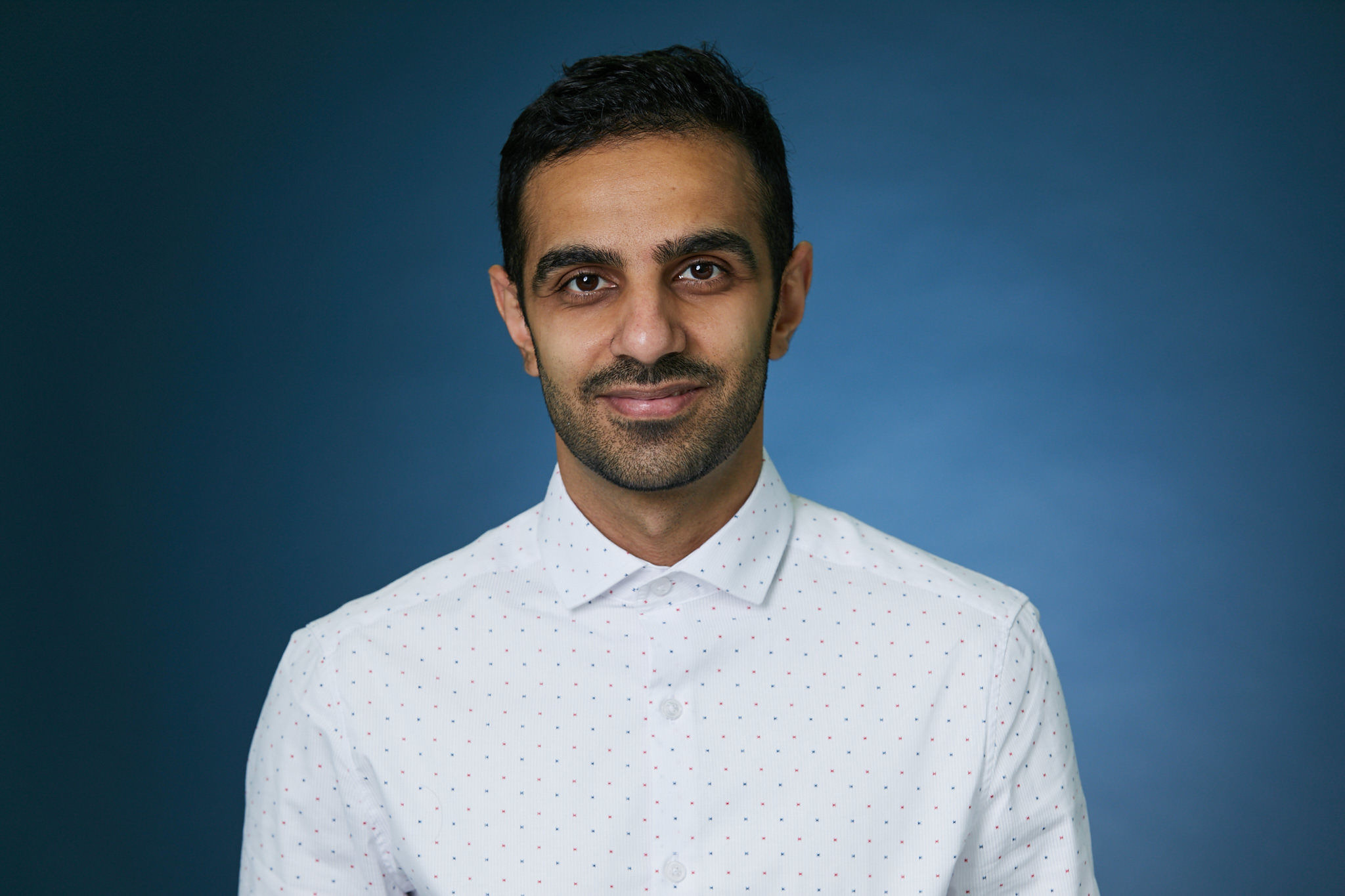
Kotiba Malek is a PhD candidate in Chemical Engineering at the University of Maryland. His research is focused on the effects of atmospheric aerosols on climate change. Originally from Iraq, Kotiba was raised in Malaysia before attending Kenyon College (Ohio), where he received his B.A. in Biochemistry. While at Kenyon, he also served as an Advanced EMT and firefighter for the college and surrounding townships. In his spare time, Kotiba loves cooking, golfing, sailing, and working out.
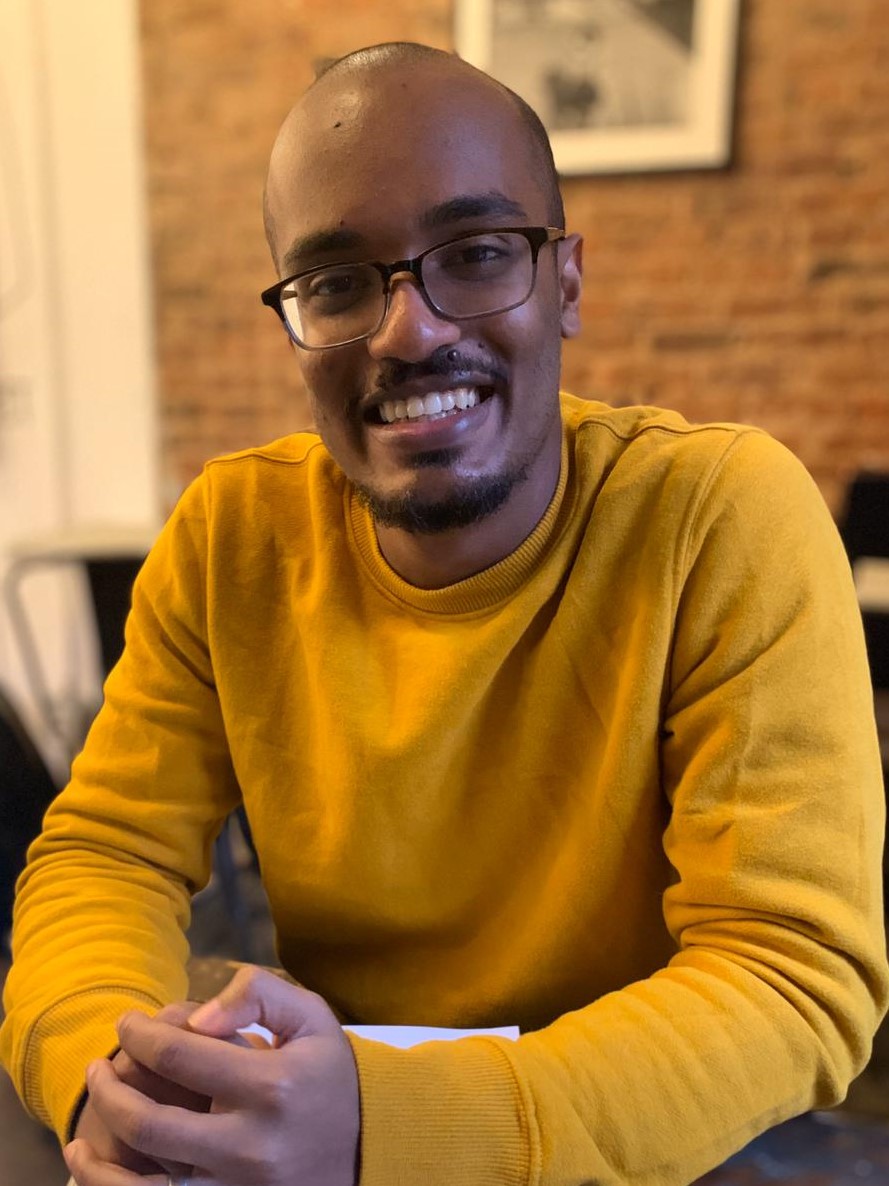
Liam Bhajan is currently a PhD student in Geography at the University of California Davis. His research is focused on using remote sensing and geospatial analyses to understand the effects of climate change on smallholder agriculture. He is excited to be a part of TEX, and learn from community partners with the hopes of ultimately helping to bridge the gap between academic research and applied science. Outside of academia, Liam enjoys soccer, hiking, baking bread and is an avid film buff.
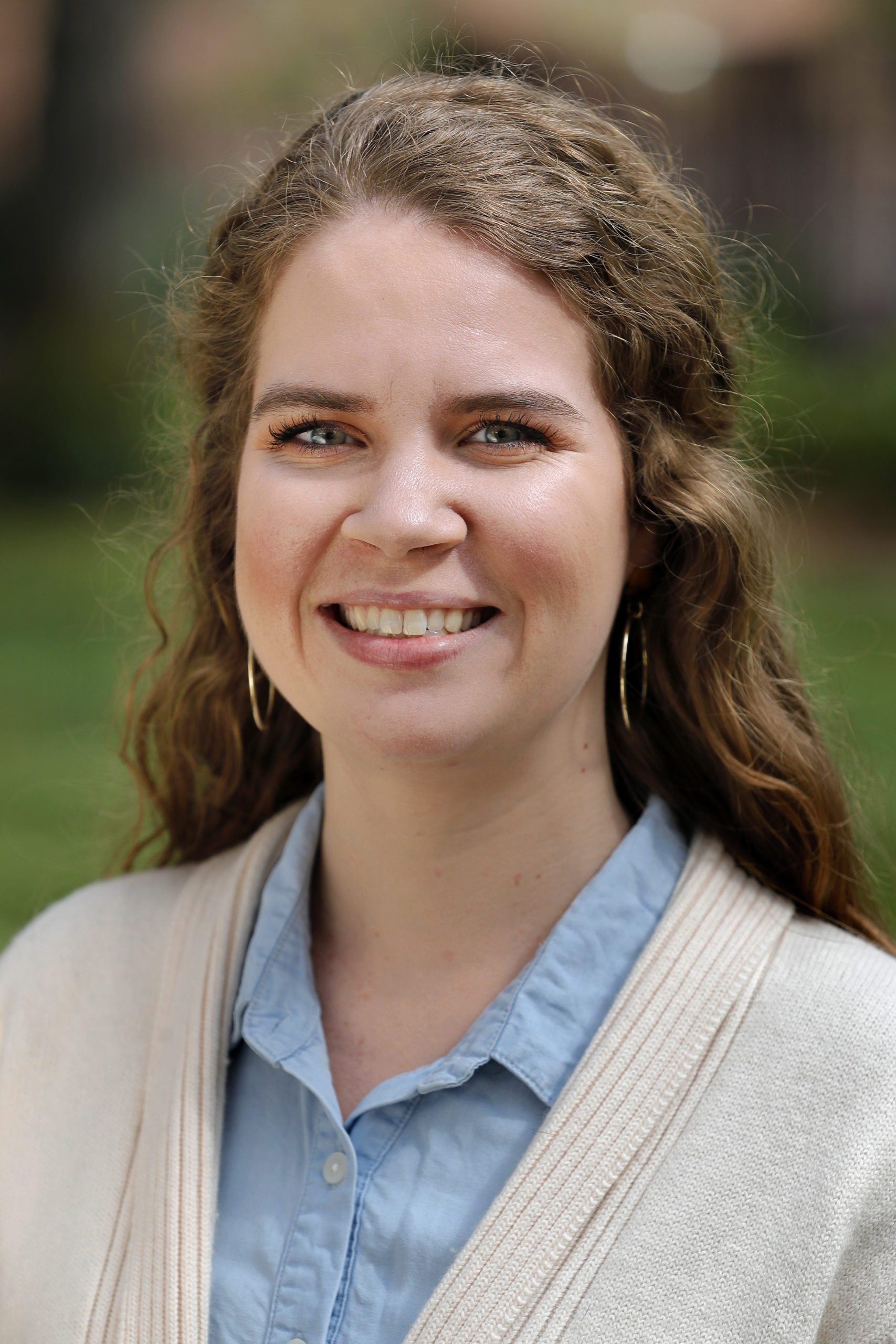
Liz McQuain (she/her) holds her B.S. in marine biology from the University of North Carolina Wilmington and her M.S. in Environmental Studies from the College of Charleston. For her masters, Liz chose to combine her knowledge in water quality with her experience with community engagement to design and develop a stormwater pond community testing program. Now Liz serves as the Community Science Federal Liaison in the National Sea Grant Federal Partnership Program. Based in Baton Rouge, Louisiana, Liz works with her federal partners and Sea Grant network to identify and address barriers and challenges to participation in community science and the use of community generated data.
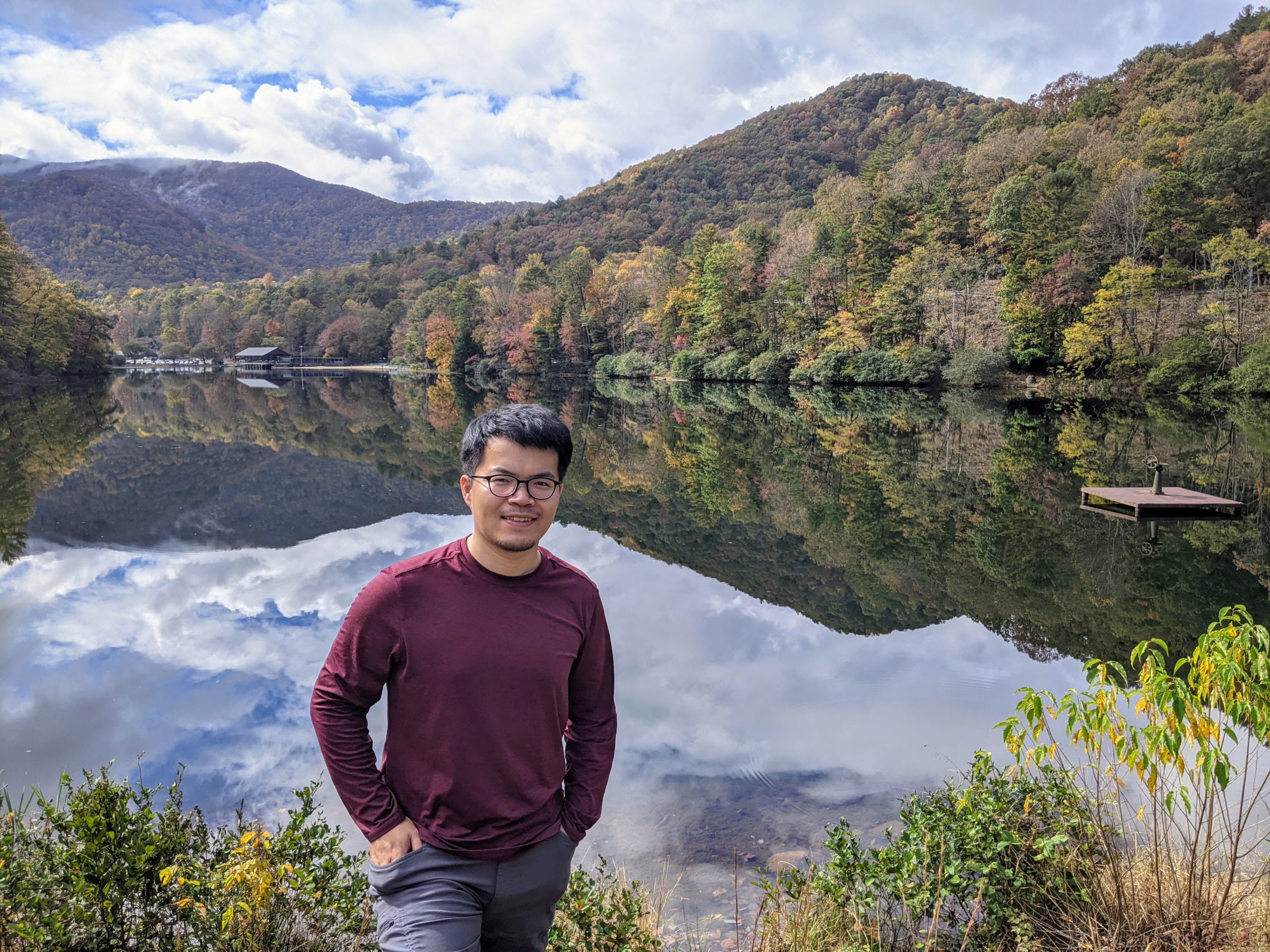
Yuhan “Douglas” Rao (he/him) is a geoscientist with North Carolina Institute for Climate Studies, studying the impact of climate change using satellite data and machine learning. He received a Ph.D. in Geographical Sciences from University of Maryland, College Park. Before that, he received both a M.Eng in Catography and a B.S. in Applied Math and Statistics from Beijing Normal University. His broad interest in environmental change and its impact on ecosystems and societies are inspired by his personal passion for the natural world and volunteering experiences with environmental conservation NGOs. He is also passionate about open science, environmental justice, and community engagement. In his free time, he enjoys hiking, exploring local food and market, and volunteering with local community organizations.
